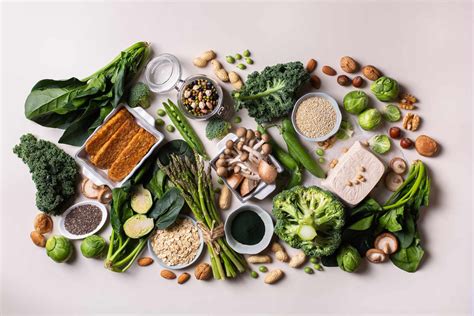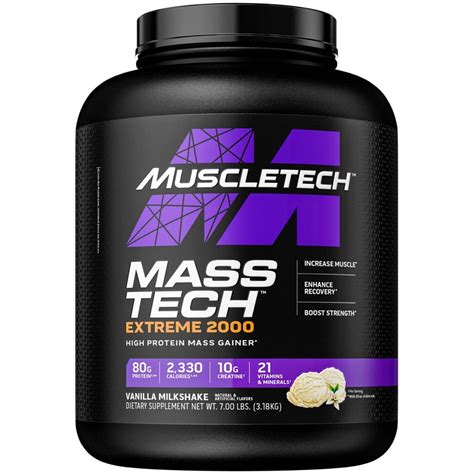Optimal protein intake & timing for men’s muscle growth and recovery?

The Foundation of Muscle: Why Protein Matters for Men
For men dedicated to building muscle and enhancing recovery, protein isn’t just another macronutrient; it’s the fundamental building block. Protein provides the amino acids necessary for muscle protein synthesis (MPS), the process by which your body repairs damaged muscle fibers and builds new ones, leading to increased strength and size. Without adequate protein, your efforts in the gym may yield suboptimal results, as your body lacks the essential raw materials for growth and repair.
How Much Protein Do Men Really Need?
Determining the ‘optimal’ protein intake isn’t a one-size-fits-all answer, but scientific consensus offers clear guidelines for active men. The general recommendation for individuals engaged in resistance training is significantly higher than the standard dietary allowance.
- General Guideline: Most research suggests an intake ranging from 1.6 to 2.2 grams of protein per kilogram of body weight (or 0.7 to 1.0 grams per pound of body weight) daily for muscle growth.
- Factors Influencing Intake: This range can shift based on several factors, including training intensity, body composition goals (e.g., cutting vs. bulking), age, and overall energy intake. During calorie deficits, higher protein intake (closer to 2.0-2.5 g/kg) may be beneficial to preserve lean muscle mass.
- Upper Limits: While extremely high protein intake isn’t necessarily more beneficial for muscle growth, intakes up to 3.0 g/kg are generally considered safe for healthy individuals, though the additional benefits for hypertrophy beyond 2.2 g/kg are often marginal.

The Importance of Protein Timing and Distribution
While total daily protein intake is paramount, how you distribute that protein throughout the day can also play a significant role in maximizing muscle protein synthesis and recovery.
The ‘Anabolic Window’ Reconsidered
The concept of a narrow ‘anabolic window’ immediately post-workout, where protein consumption was deemed critical, has evolved. Current research suggests this window is wider than previously thought, potentially extending for several hours. However, consuming protein relatively soon after training (within 1-3 hours) can still be beneficial, especially if your pre-workout meal was low in protein.
Spreading Protein Intake Throughout the Day
To optimize MPS, it’s more effective to distribute your protein intake across multiple meals rather than consuming it all in one or two sittings. Aim for approximately 20-40 grams of high-quality protein per meal, spread across 4-6 meals or snacks throughout your day. This approach ensures a consistent supply of amino acids, keeping MPS elevated.
Nighttime Protein for Sustained Recovery
Consuming a slower-digesting protein, like casein, before bed can provide a sustained release of amino acids during your overnight fast. This can help reduce muscle protein breakdown and support recovery and growth while you sleep.

Choosing the Right Protein Sources
Not all protein sources are created equal. Focus on complete proteins that contain all nine essential amino acids, particularly a high leucine content, which is a key activator of MPS.
- Animal Proteins: Whey protein (fast-digesting, ideal post-workout), casein protein (slow-digesting, ideal before bed), lean meats (chicken, beef, turkey), fish (salmon, tuna), eggs, and dairy products (Greek yogurt, cottage cheese) are excellent complete protein sources.
- Plant-Based Proteins: While many plant proteins are incomplete, combining them (e.g., rice and beans) can create a complete amino acid profile. Soy, pea, and hemp protein are good plant-based options, and supplements often combine various plant proteins to ensure completeness.

Practical Strategies for Men to Hit Their Protein Targets
Integrating optimal protein intake into your daily routine doesn’t have to be complicated.
- Prioritize Protein at Every Meal: Make protein the centerpiece of your breakfast, lunch, and dinner.
- Smart Snacking: Opt for protein-rich snacks like Greek yogurt, hard-boiled eggs, cottage cheese, or a handful of almonds between meals.
- Strategic Supplementation: Protein powder (whey, casein, or plant-based) can be a convenient and effective way to meet your daily protein needs, especially around workouts or when whole food options are unavailable.
- Meal Prep: Prepare protein-rich meals in advance to avoid last-minute, less-than-optimal food choices.

Beyond Protein: The Holistic Approach to Muscle Growth and Recovery
While protein is critical, it’s just one piece of the puzzle. For optimal muscle growth and recovery, men must also consider:
- Calorie Intake: Ensure you’re consuming enough calories to support muscle growth (a slight surplus) or maintain energy balance during a cut.
- Carbohydrates and Fats: Don’t neglect other macronutrients. Carbohydrates fuel intense workouts and aid recovery, while healthy fats are crucial for hormone production.
- Adequate Sleep: Sleep is when your body does much of its repair and growth work, including hormone regulation.
- Consistent Training: Progressive overload is essential to continually challenge your muscles.
- Hydration: Water plays a vital role in every bodily function, including nutrient transport and muscle contractions.

Conclusion
For men aiming to maximize muscle growth and accelerate recovery, an optimal protein strategy is non-negotiable. Aim for 1.6-2.2 grams of high-quality protein per kilogram of body weight daily, distributed evenly across 4-6 meals, with strategic intake around workouts and before bed. Combine this with smart training, adequate sleep, and a balanced diet, and you’ll create the ideal environment for building a stronger, more resilient physique.








